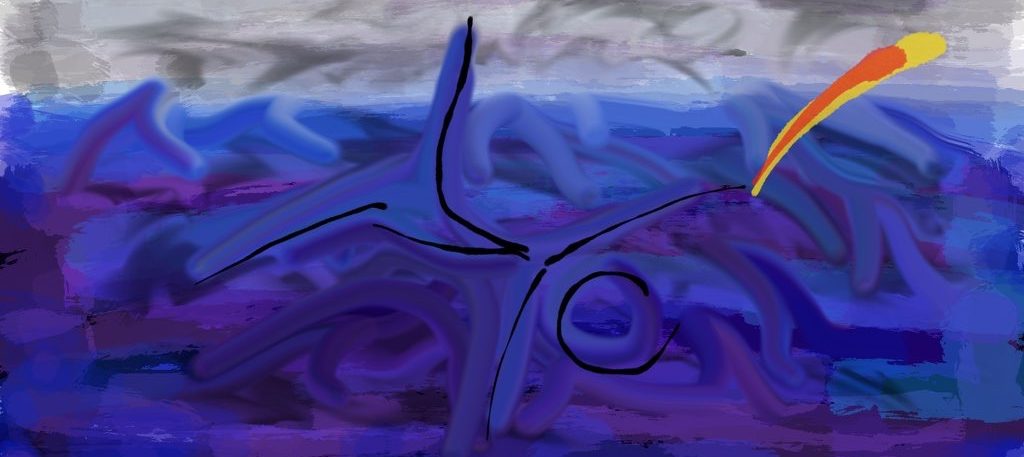Drawing on Indigenous, decolonial and postcolonial studies, this course posits that the unprecedented challenges we face today are not primarily related to a lack of information or problem solving skills, but to a habit of being/existing in the world that is jeopardizing the futurity of our species in a finite planet. When the dimension of being is overlooked, approaches to social and global change tend to promote simplistic understandings of global problems and solutions, superficial analyses of power and history, paternalistic and tokenistic notions of inclusion, and ethnocentric views of justice, diversity, sustainability, and change. The course offers online learning experiences that will open different possibilities for students to interrogate and re-imagine approaches to social and global change, by focusing on the following questions:
- What are the contributions, paradoxes, and limits of mainstream problem-posing and problem-solving paradigms of social and global change?
- What are the systemic obstacles for ethical engagements at the interface of different and unevenly positioned knowledge systems?
- How do we develop approaches to community engagement that better account for the internal diversity and complexity of communities?
- How can we build capabilities and stamina for sustaining difficult conversations about the limits of our current system and its past and on-going violences?
- What dispositions are necessary to enable us to learn from (inevitable) mistakes and failures of social/global change initiatives?
- How can we co-create new paradigms of social change that may open up not-yet-imaginable possibilities for co-existence in the future?
This is not a basic course about colonialism, slavery, capitalist exploitation, racism, sexism, heteropatriarchy or environmental destruction – it is a course that uses “depth pedagogy” to help you navigate the nuances, complexities and paradoxes of identifying and interrupting these events and practices. The course does not aim to teach you what to think, but to expand your capacity to respond with more discernment, sobriety, maturity, and accountability: to “dig deeper and relate wider”.
